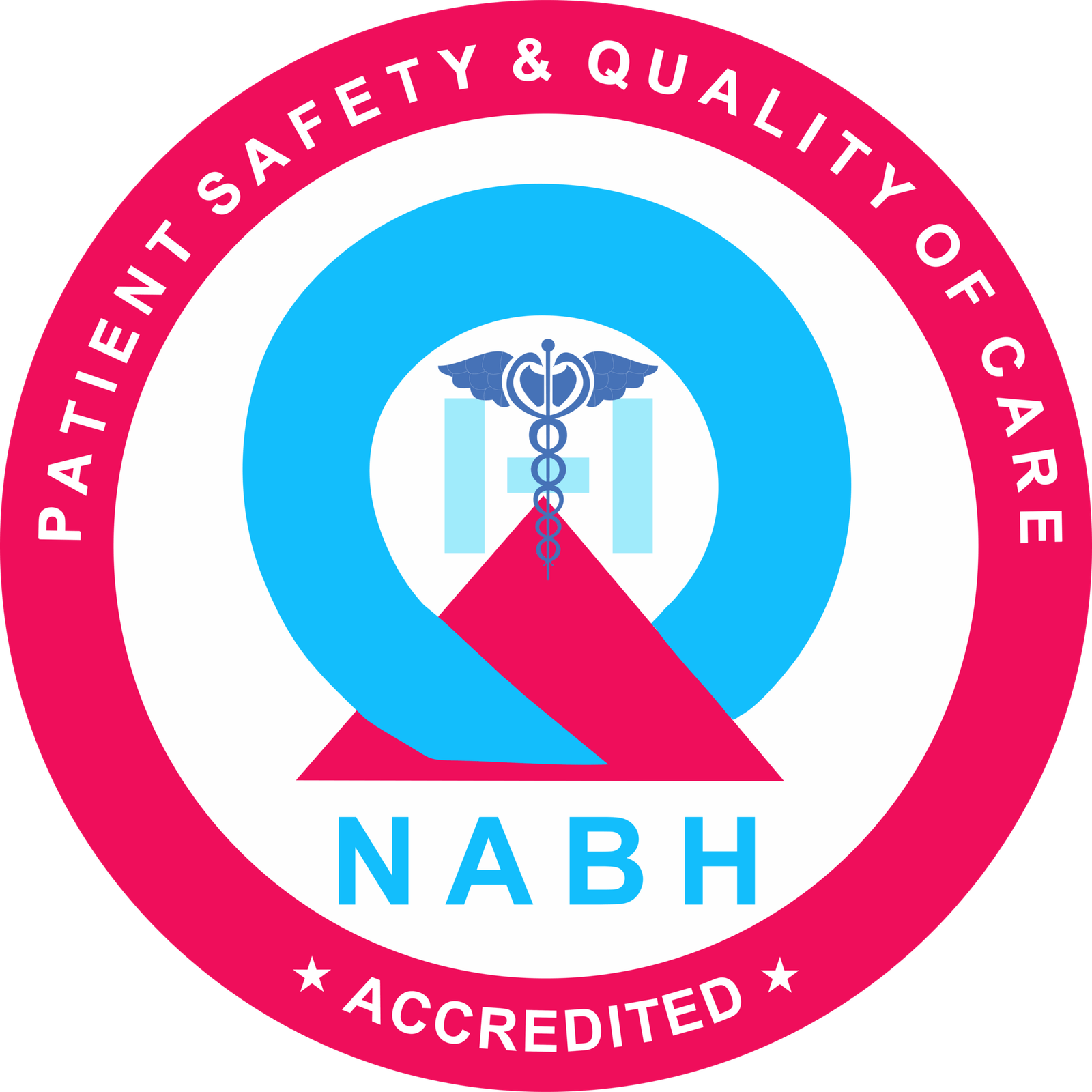Summer brings longer days, vacations, and refreshing drinks — but it can also bring several digestive concerns. Rising temperatures, dehydration, dietary changes, and travel exposure can disrupt gut health and lead to discomfort. Doctors at Samford Hospital, regarded as the Best Hospital in Jharkhand, often see an increase in gastrointestinal (GI) problems during this season.
Let’s understand the most common summer digestive issues and how to prevent them.
Common Summer Gastro Problems
1. Dehydration & Constipation
Excessive sweating during hot weather causes fluid loss, which can slow digestion and lead to constipation, bloating, and discomfort. Specialists at Samford Hospital, the Best Hospital in Jharkhand, emphasize maintaining proper hydration to prevent these issues.
Prevention Tips:
- Drink 8–10 glasses of water daily
- Include water-rich fruits like watermelon and cucumber
- Avoid excess caffeine and alcohol
2. Food Poisoning
High temperatures promote rapid bacterial growth in food, increasing the risk of infections. Street food, undercooked meat, and improperly stored leftovers are common causes.
Doctors at the Best Hospital in Jharkhand advise extra caution with food hygiene during summer.
Prevention Tips:
- Prefer freshly cooked meals
- Avoid raw or undercooked meat
- Store perishable food properly
3. Heat-Induced Acid Reflux
Spicy, oily foods and dehydration can trigger acid reflux and heartburn, especially during summer outings.
Gastro experts at the Best Hospital in Jharkhand recommend mindful eating habits to prevent discomfort.
Prevention Tips:
- Eat smaller, frequent meals
- Reduce spicy and fried foods
- Stay hydrated
4. Traveler’s Diarrhea
Vacations often mean eating outside, where hygiene standards may vary. This increases the risk of bacterial infections.
If symptoms persist, consult specialists at the Best Hospital in Jharkhand for timely treatment.
Prevention Tips:
- Drink bottled or filtered water
- Avoid ice from unknown sources
- Wash hands thoroughly before meals
5. Bloating & Indigestion
Carbonated drinks and irregular eating habits can cause bloating and slow digestion.
Healthcare professionals at the Best Hospital in Jharkhand suggest balanced meals and light physical activity.
Prevention Tips:
- Limit carbonated beverages
- Eat fiber-rich foods
- Walk after meals
What Causes Summer Digestive Problems?
According to specialists at the Best Hospital in Jharkhand, the main causes include:
- High temperatures increasing bacterial growth
- Dehydration slowing digestion
- Dietary changes and fast food consumption
- Unhygienic food handling
- Travel stress and irregular routines
When Should You See a Doctor?
While most summer digestive issues resolve with hydration and dietary care, seek medical attention at the Best Hospital in Jharkhand if you experience:
- Severe dehydration
- Persistent diarrhea for more than 2 days
- High fever above 101°F
- Severe abdominal pain
- Blood in stool or vomit
Early consultation can prevent complications and ensure faster recovery.
Best Summer Foods for Gut Health
Doctors at the Best Hospital in Jharkhand recommend including gut-friendly foods such as:
- Yogurt & Buttermilk – Rich in probiotics
- Coconut Water – Natural electrolyte balance
- Papaya, Banana & Leafy Greens – Fiber-rich digestion support
- Mint & Ginger Tea – Helps soothe the stomach
Final Thoughts
Summer digestive problems are common but preventable. Staying hydrated, eating fresh home-cooked meals, and maintaining hygiene can protect your gut health. If symptoms persist or worsen, consult specialists at the Best Hospital in Jharkhand for expert care and advanced treatment.
Stay cool, stay hydrated, and enjoy a healthy summer!




